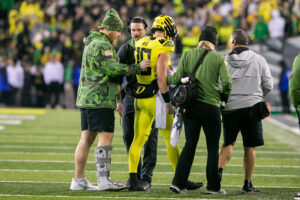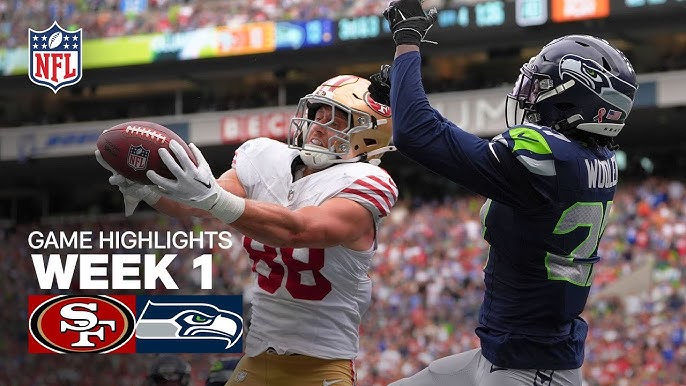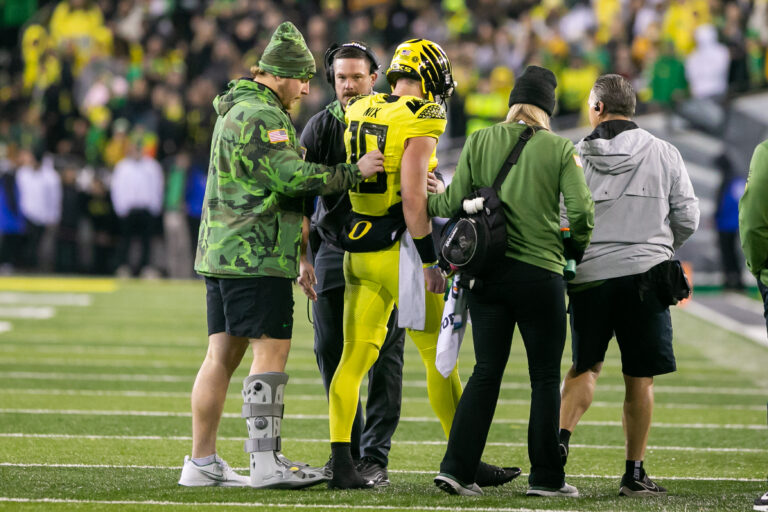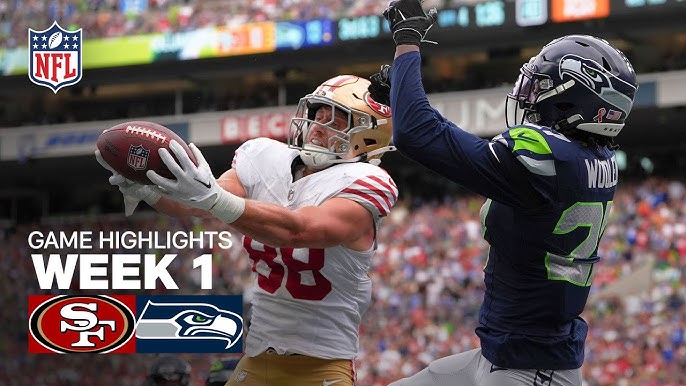Understanding the Clash: JD Vance and Pope Francis
The discourse between JD Vance and Pope Francis represents a fascinating intersection of politics and morality in today’s societal landscape. As Vance, an American politician and author, expresses his political ideologies, Pope Francis stands as a global figure advocating for love, compassion, and justice. This post dives deep into the contrasts and intersections between their views, rooted in a detailed analysis of their philosophies, ranging from social justice to political morality.
A Brief Overview of JD Vance
JD Vance gained national prominence through his memoir, “Hillbilly Elegy,” which explores the struggles of working-class Americans in Appalachia. His experiences and observations have shaped his views on policy and governance, presenting a narrative that resonates with many constituents in Ohio and beyond. Vance’s political journey has seen him evolve into a prominent figure within the Republican party, advocating for policies he believes will restore American traditional values and improve economic opportunities.
Pope Francis: The Advocate for Global Compassion
Pope Francis has positioned himself as a voice of peace and advocacy for social justice, transcending traditional church leadership. His approach emphasizes love, care for the marginalized, and a moral obligation to uphold social justice. With his encyclicals and public addresses, he has urged leaders worldwide to act not out of self-interest but with a vision directed towards the common good, often clashing with nationalist tendencies observed in various governments, including the U.S.
The Core of the Conflict
The clash between Vance and Pope Francis revolves around divergent political ideologies—Vance’s focus on individualism and economic opportunity versus the Pope’s call for collective responsibility and social justice. This disparity becomes particularly evident in discussions surrounding immigration, healthcare, and economic disparities propelled by recent global crises.
Policy Perspectives: A Comparison
1. **Immigration**: Vance’s stance generally aligns with stricter immigration policies, reflecting a desire to secure borders and protect American jobs. He often articulates concerns over illegal immigration and its impact on local economies. In contrast, Pope Francis advocates for compassion towards refugees and migrants, framing the conversation around human dignity and the need for solidarity with those in distress.
2. **Healthcare**: In discussing healthcare, Vance has pushed for reforms that lean towards individual responsibility and free-market solutions. Pope Francis, however, stresses the importance of healthcare as a right, advocating for a systemic approach to ensure that all individuals, especially the vulnerable, have access to necessary medical care.
3. **Economic Disparities**: Vance often addresses economic disparities by emphasizing the importance of personal responsibility and initiative. Conversely, Pope Francis calls on society to recognize the systemic inequalities that exacerbate these disparities, urging a collective response to uplift marginalized communities.
Religious Influence on Politics
The interplay between religion and politics is a deeply entrenched theme in both Vance’s and Pope Francis’s speeches. Vance uses religious rhetoric to appeal to conservative constituents, often framing political issues through a biblical lens. Pope Francis, while also appealing to faith, urges global leaders to prioritize humanitarian needs over political expediency. This contrast potentially alienates certain voter bases while attracting others who resonate more with the moral imperatives outlined by the Pope.
The Broader Implications of Their Discourse
The discourse between Vance and Pope Francis reflects broader societal trends and tensions. On one end, there is a rise in populism characterized by a self-interested approach to governance. On the other end, there is a call for a return to foundational values centered around love, mercy, and social responsibility. Their dialogue exposes the challenges and opportunities present in reconciling these disparate philosophies.
Conclusion: Navigating Political Morality
As the political climate continues to evolve, the clash between figures like JD Vance and Pope Francis serves as a powerful reminder of the importance of political morality. Understanding their differing viewpoints not only provides insights into American political dynamics but also showcases a need for critical dialogue in an increasingly polarized society. Moving forward, leaders and constituents alike must navigate these discussions with an eye towards compassion and justice, recognizing the value of both individual agency and collective responsibility.
For more information, you can explore the full discussion of this clash in the article from La Croix International.








